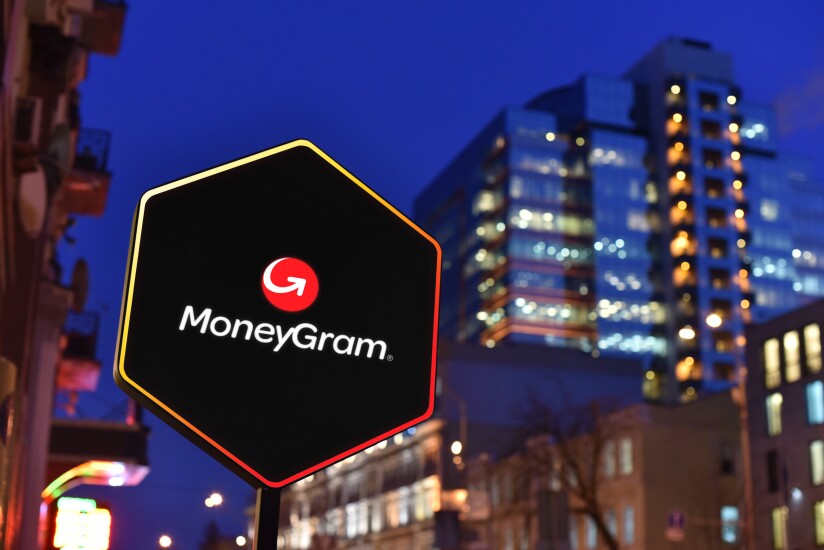Want unlimited access to top ideas and insights?
MoneyGram's acquisition was years in the making — the only question was who would be the one to take over the company, which has been up for sale for most of the past decade.
The winner appears to be Madison Dearborn Partners, a Chicago-based private-equity firm that plans to take the money transmitter private for a price of $1.8 billion. The deal is expected to close in late 2022, though it could still fall through given a monthlong "go shop" period during which MoneyGram could find another suitor willing to pay a higher price.
An upset wouldn't be unprecedented, since MoneyGram has come close to being acquired before, only to see the deal fall through. And the company's scale and digital prowess make it an attractive target for anyone in the M&A market.
Here are some of the companies that have either made a bid to buy MoneyGram or have been rumored to be negotiating one.












